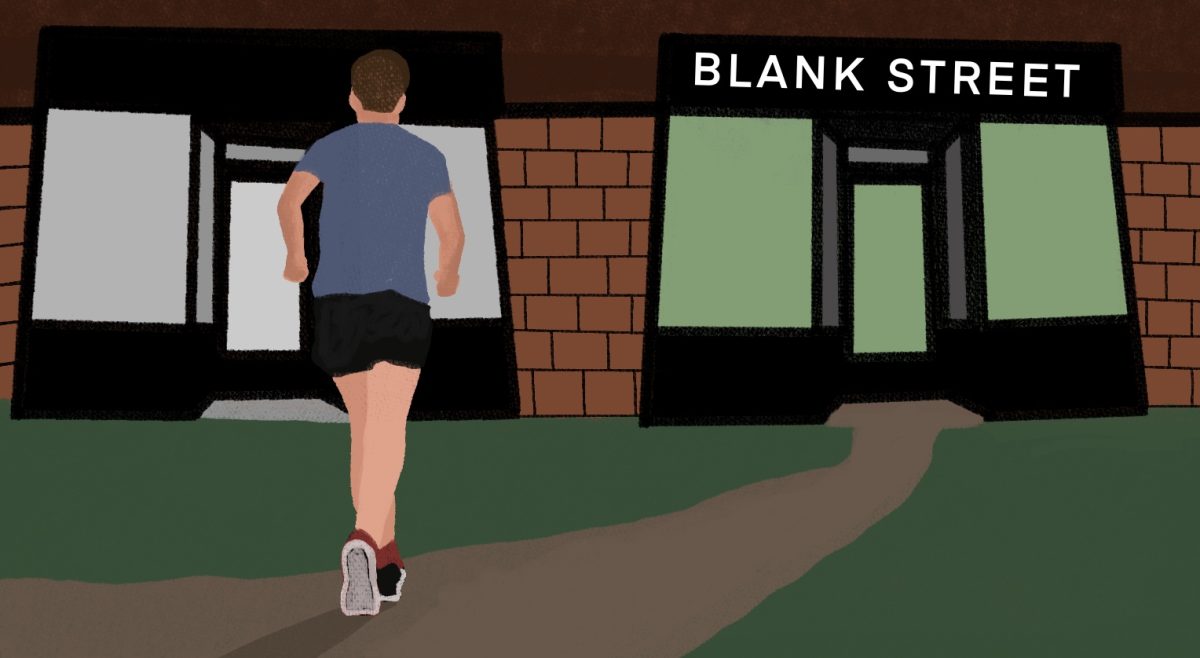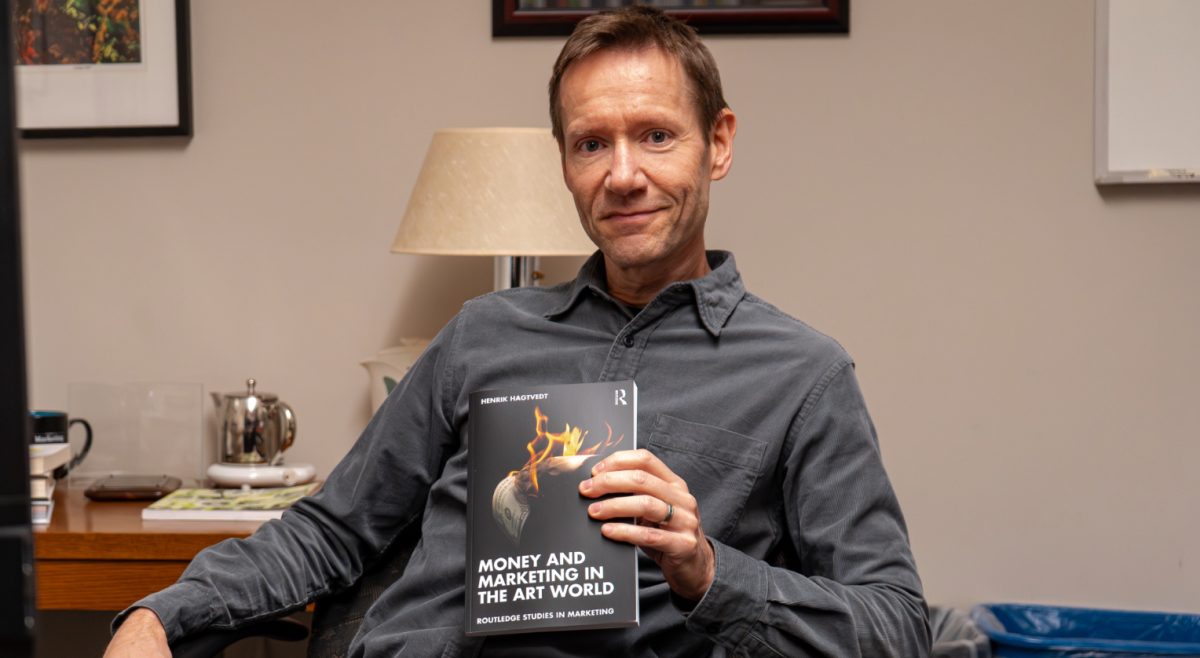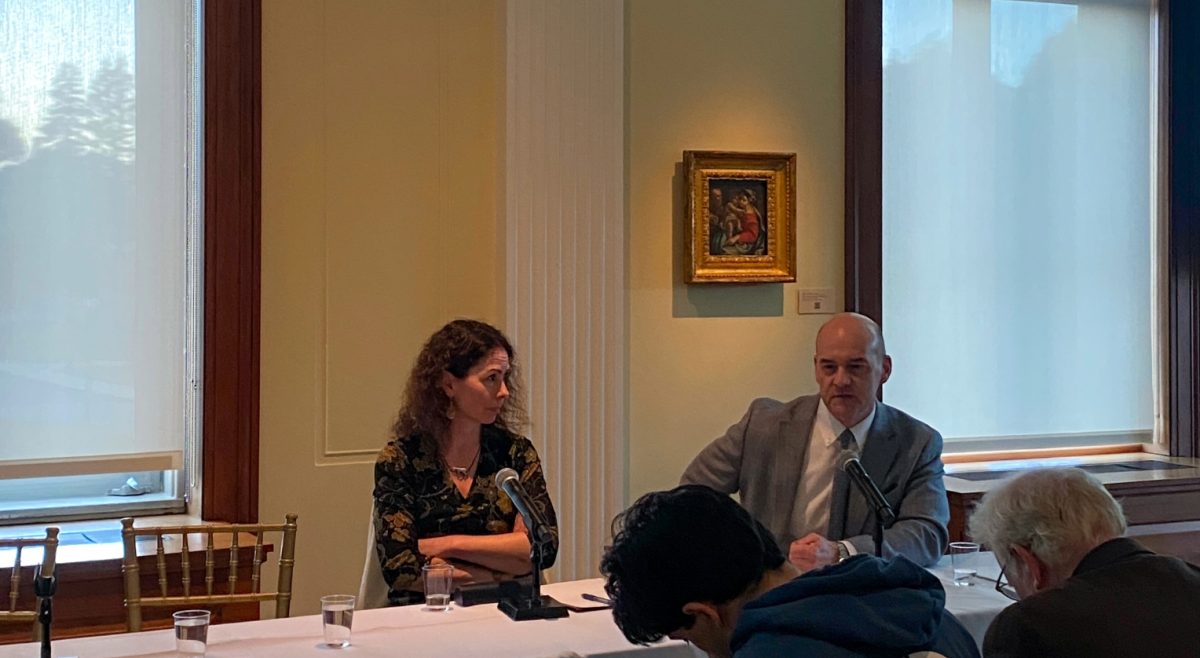My first attempts at sarcasm were clumsy and too frequent. As my humor got darker and sharper, the barriers of entry into the grown-up world lowered—it was a rite of passage. Sarcasm filed and defined my edges. I was so smug. This was cut short when I first read Vonnegut with my mom. She would laugh at certain points, and there I was back at square one. THERE ARE NO JOKES HERE. WHY ARE YOU LAUGHING? My induction might have been untimely.
I soon realized the stories he wrote so matter-of-fact were meant to bother me and make me uncomfortable, while the real message was in the subtext—an inside joke of which I wasn’t a part. Vonnegut bestowed his readers with responsibility, he left blank spaces where we’re usually told what to think. The agency I felt was intoxicating. But laziness took its place as I realized I could make a statement and tell stories without having to fill in the subtext, that I could leave blank spaces where I wanted.
There is a self-congratulatory aspect to irony—it’s flattering. You examine a piece of art—anything from stand up comedy or a sitcom to a painting—and once you realize the creator is trying to say something beyond its literal meaning, you can give yourself a pat on the back. Irony can help neutralize debates and debunk the perception of an ultimate truth (think: Jon Stewart) by offering different opinions and perspectives.
It can be a defense mechanism when assimilating into a culture that seems terrifying (freshman Emily on game day at Boston College). The starting place for irony involves dissociating and separating from something: a political campaign, a historical event, a music genre … Hell, a person! Here are some lighthearted examples of things you can do ironically:
1.Hang a Sarah Palin poster ironically because you actually think she’s incompetent in foreign and domestic affairs and wouldn’t like her as a vice-president cuz she’s silly and not very smart.
2.Wear an outdated vest that is very ugly to show that you don’t even care about fashion.
3.Write an ironic column on the prevalence of art sensibility on a campus that celebrates visual and performing arts once a year.
Ideally, you do this because you know of a better alternative and/or believe that there is something inherently wrong with what you’re making fun of. But it is very easy to deconstruct an argument and talk about what isn’t rather than figuring out what is. As soon as we make an assertive statement about anything we are serving it on petri dish, subject to ironic treatment.
A lot of postmodern, ironic, and often nihilistic thought stemmed from an overarching feeling that everything had already been done before. But the irony (ha!) is that a satirical or “ironic” culture only dissuades people from taking the risk of creating something and putting themselves out there. Being ironic mitigates the responsibility of authorship of or ownership over an idea and encourages “lazy cynicism.” When we make fun of something, we aren’t taking the time and energy to inform ourselves and consolidate an opinion, but we are very quickly dissociating, then appropriating ideas in a joking fashion.
Probably one of my most ironic feats has been to listen to Wendy Sulca. She’s a folkloric Peruvian singer and YouTube celebrity and the incarnation of anti-culture and tackiness. Her shrill voice and cheesy lyrics were so outrageous to me that I began to enjoy listening to her with my friends or pulling up her music videos at family reunions.
We would all soak in a spirit of complacent camaraderie, contemplating Wendy’s ridiculousness. To give you a sense, one of her videos is about Israel and is filmed in what appears to be a Peruvian zoo. As part of my ironic tirade, I decided to watch a vice documentary about her. Her story had a tragic sort of “rags to riches ” narrative that I was surprised to find myself compelled by. So there I was, teary-eyed and confused, learning about this girl’s life. Wendy’s music didn’t seem any more tasteful to me, but it made sense in the context of her upbringing and origin. I could empathize with her. My presumptuous cynicism shifted to endearing sympathy.
David Foster Wallace criticized the irony that saturated culture today and believed that a wave of new artists would begin to “emerge as some weird bunch of anti-rebels … who dare somehow to back away from ironic watching, who have the childish gall actually to endorse and instantiate single-entendre principles … Who eschew self-consciousness and hip fatigue.”
These individuals are likely to get some backlash for being weak and naive in combating cynicism, but there is a lot of merit in trying to be genuine and vulnerable in these ironic times.
Featured Image by Breck Wills / Heights Graphic


















